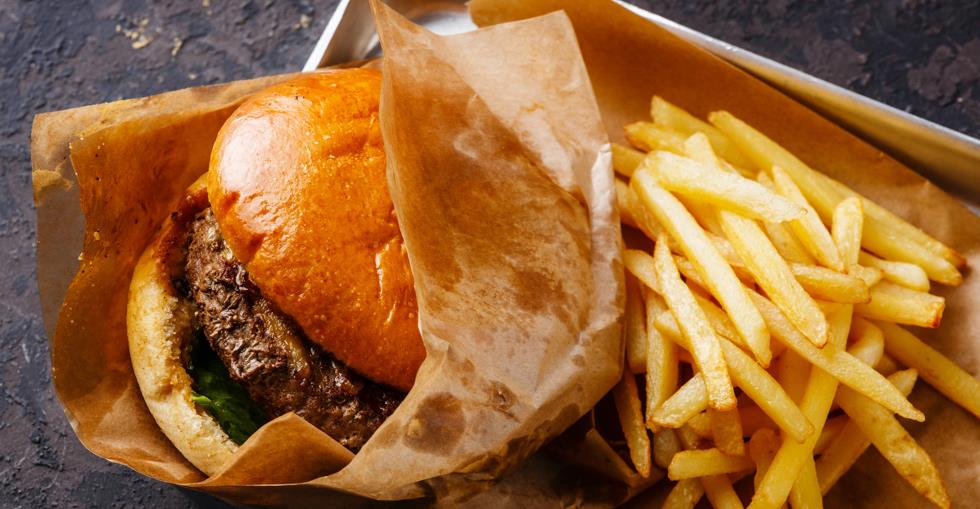Since fast food remains enormously popular, even during recessions (and pandemics, given the delivery/takeaway model), if you’re putting a fast food outlet on the market, there’s good reason to anticipate a reasonable pool of prospective buyers.
Business transfer agents
Nevertheless, you could still struggle to find a buyer if you fail to prepare the business properly – and a competent business transfer agent or appropriately qualified solicitor is well placed to help you. Effectively estate agents for businesses, business transfer agents (also known as business brokers) can appraise your business objectively with vastly more experience of selling businesses than you.
Managing the process on your behalf, they also free you up to carry on running what is, after all, an all-consuming business that occupies your evenings and weekends. Of course, there are fees to pay, which could include a percentage of the selling price, a retainer, marketing fees and so on.
However, providing you hire someone ethical, competent and experienced in selling similar businesses, you could more than recoup your outlay through a higher sale price than you could have secured on your own (if you could have secured a sale at all).
Preparing your fast-food business for sale
Readying your business for sale means preparing all relevant paperwork – financial statements, employee contracts, deeds or lease documents, and so on – and ensuring that the business and its premises are ready to give prospective buyers the best possible impression.
You also need to draw up a sales memorandum that outlines the day-to-day activities involved in running the business, whether the property is freehold or leasehold, your reasons for selling, and so forth.
After advertising your business for sale, your solicitor or broker can help you screen interested parties to weed out timewasters, verifying that they have the financial means and a suitable background for taking over a fast food outlet.
Once a credible buyer is verified, it’s standard practice to have them sign a non-disclosure agreement before you hand over sensitive information around profits and losses, liabilities and debts, financial forecasts and so forth.
Valuing a fast food outlet
Your business transfer agent can also help you value the business. Typically they will apply a ratio within industry-standard parameters, which will be higher or lower depending on the business’s bona fides. For instance, a business with high footfall, little local competition, stellar ratings on TripAdvisor, and a long lease would generally be valued at a high multiple.
If you own and are selling the property as well as the business, then the value of the premises also comes into the equation, along with the value of kitchen equipment and other fixtures and fittings. The sale price of similar businesses to recently change hands can serve as useful benchmarks too.
Closing the deal
Once you’ve found a buyer, you need to agree on some provisional terms of sale. Variously called ‘heads of terms’, a ‘letter of intent’ or a ‘memorandum of understanding’, these terms provide a non-binding framework for conducting further negotiations after due diligence has taken place.
Due diligence is a comprehensive investigation by the buyer into the business, spanning financial factors (profits, losses, liabilities, etc), legal (if any litigation is pending against the business), physical assets (condition of the premises and its contents), reputational (as evidenced, for instance, by TripAdvisor reviews), and market conditions (trends in local demographics, competition, your particular fast food niche).
The buyer may seek to renegotiate the price if due diligence surfaces anything they were hitherto unaware of. For instance, the kitchen equipment might be in worse condition than advertised or they might discover that a rival burger joint is opening up next door.
By being honest and transparent throughout the process, you can minimise the risk of such last-minute hitches. The final step is drawing up and signing a purchase/sale agreement, which sets out the binding terms of the sale.
Fast food franchises
If your business is a franchise, then the sales process is broadly similar, but with some key differences. Most significantly, you need to notify your franchisor, heed their advice and adhere to the terms of your franchise agreement as they apply to selling up.
Otherwise, a business transfer agent, ideally one with experience of selling fast food franchises or at least franchises in general, is just as valuable in navigating the sales process.



